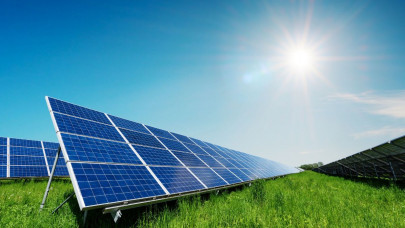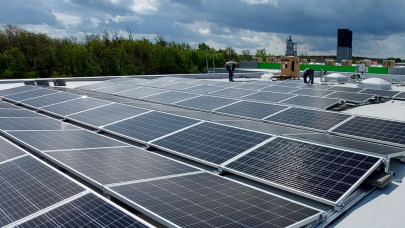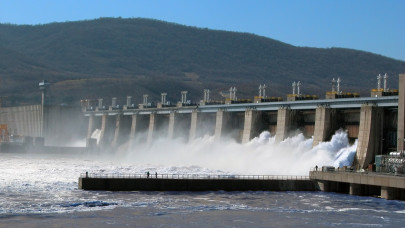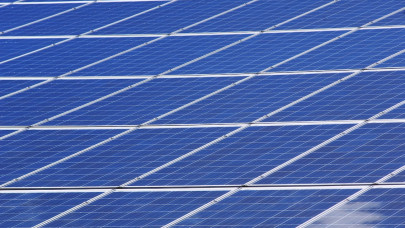The amounts bring total disbursements from the Modernisation Fund since January 2021 to around €7.5 billion, benefitting 10 eligible Member States. The projects supported today focus on renewable electricity generation, modernization of energy networks , and energy efficiency.
“The European Emissions Trading System enables all EU Member States to reduce emissions and use the revenues to invest in their energy transition. The Modernisation Fund is an important instrument to ensure solidarity among Member States, by enabling additional investments in modernised energy systems for those countries who need it the most. Putting a price on carbon and redistributing the revenues is a great way to ensure a fair transition for citizens in these countries”, says Frans Timmermans, Executive Vice-President for the European Green Deal.
Examples of proposals that have received funding today include:
- modernization of the electricity distribution grid in Bulgaria to accelerate the electrification of transport, storage deployment, and the decarbonization and decentralization of energy consumption and production;
- deploying photovoltaic and energy storage capacity for public water service providers in Croatia;
- improving energy efficiency and energy savings in new buildings for the public sector through the ENERGov Programme in Czechia;
- introduction of electric vehicles and corresponding charging infrastructure in Latvia;
- renovation of multi-apartment buildings in Lithuania;
- supporting cogeneration for district heating in Poland;
- new renewable electricity production capacities, district heating, and gas infrastructure to replace coal-powered energy in Romania.
The next deadline for beneficiary Member States to submit investment proposals for potential support by the Modernisation Fund is 15 August 2023 for non-priority submissions and 12 September 2023 for priority proposals.
“Unlocking financing to modernize energy infrastructure is key to assisting lower income European Union countries on their path to a carbon neutral future. I am delighted that all countries have now received funds to support them in achieving their 2030 climate objectives. The Modernisation Fund is growing in size and importance with Portugal, Greece, and Slovenia becoming beneficiary countries in 2024. This confirms the Modernisation Fund's crucial role in accelerating the green transition. As the EU climate bank, the EIB stands ready to continue our excellent cooperation with EU countries and the European Commission to support clean energy infrastructure and improve energy efficiency”, says Ambroise Fayolle, European Investment Bank Vice-President.
Funded by revenues from the auction of emission allowances from the EU's Emissions Trading System, the Modernisation Fund aims to support ten EU countries with lower incomes in their transition to climate neutrality. The beneficiary countries are Bulgaria, Croatia, Czechia, Estonia, Hungary, Latvia, Lithuania, Poland, Romania, and Slovakia.
The Modernisation Fund supports investments in generating and using energy from renewable sources, energy efficiency, energy storage, modernization of energy networks, including district heating, pipelines, and grids, and just transition in carbon-dependent regions.
The Fund complements other European instruments such as cohesion policy and the Just Transition Fund. It mobilizes significant resources, which can help beneficiary Member States support investments in line with the REPowerEU Plan and the Fit for 55 packages. It operates under the responsibility of its beneficiary countries in close cooperation with the European Commission and the European Investment Bank (EIB).
On 10 May 2023, the revised EU Emissions Trading System (EU ETS) was enshrined into EU law. The strengthened EU ETS increases the scope of the Modernisation Fund, providing financial support to three additional beneficiary Member States - Portugal, Greece, and Slovenia - from 2024.
The EIB's investment proposal assessment activities in the Modernisation Fund are ring-fenced from the standard EIB financing and technical assistance operations to avoid any potential conflict of interest in carrying out the activities mandated in accordance with the ETS Directive and the Commission Implementing Regulation of 9 July 2020.













